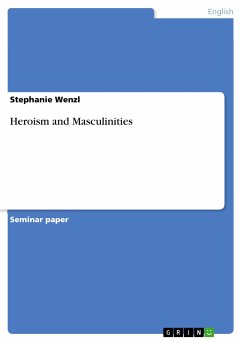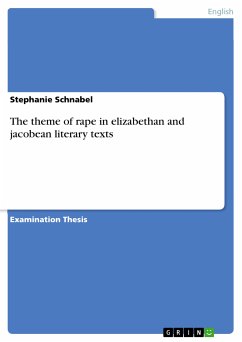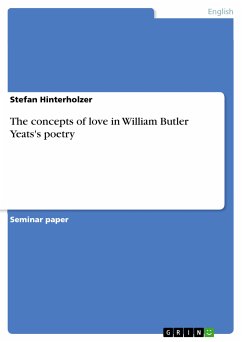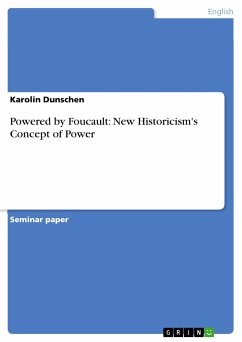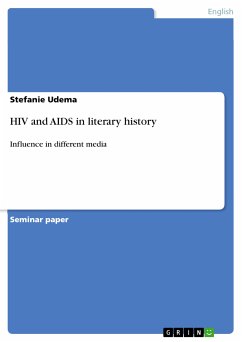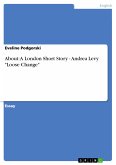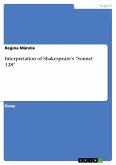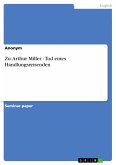Seminar paper from the year 2004 in the subject English Language and Literature Studies - Literature, grade: 2, University of Regensburg (Institut für Anglistik), course: Literary Masculinities, language: English, abstract: Doubtless, the Greek epic poems Iliad and Odyssey, composed in the 8th century BC, are two of the most renowned epics of Western culture. Dealing with the Greek struggle against Troy, the works depict the deeds of legendary heroes like Hector, Achilles or Ulysses. Be it for the defence of their country or for the acquisition of fame, these men battle, always teeming with power, strength, courage and bravery. Later on, the influences of these primary epics range from Virgil to Milton or Fielding and Dryden, above all culminating in the Homeric impact on the heroic poetry of the Renaissance period. In Britain, the mythological Celtic work about The Legend of King Arthur and his Round Table from the 5th century BC upholds the tradition of the male warrior hero. The episodes concentrate on various heroic deeds, particularly on the conquest of the Holy Grail. Fascinated by the deeds of King Arthur and his knights, innumerable writers of various periods derive their own stories from this topic as for instance Sir Thomas Malory in Le Morte Darthur or the Arthurian cycle of Tennyson. Lately, with Troy and King Arthur Hollywood screened two blockbusters, substantiating the motif of the male warrior hero. These top-sellers prove that men still goes in for the epic stories about heroes and their heroic actions. Indeed, people always have been attracted and nearly obsessed by the stories about outstanding figures, be it the Indian Mahabharata, the Anglo-Saxon Beowulf or the German Nibelungenlied. Even if the actions are not always conclusive they often foster a basis for collective identification and influence the behaviour of the community. Either society idealize the deeds of the hero, projecting their desires on him, or, as often as not, this man is rejected and feared. Nevertheless, this person sets himself against the meaningless and accepts his vices and virtues, eventually rising above the average man, due to his heroic powers. Although social connections and personal motivation have been changing continually during the last centuries, the hero still embodies universal characteristics and men like Paris, Agamemnon, Galahad or Lancelot reappear in literature continually, nourishing the image of the heroic warrior. This is a man’s world where masculinity is defined in the epic realm of the hero. [...]
Bitte wählen Sie Ihr Anliegen aus.
Rechnungen
Retourenschein anfordern
Bestellstatus
Storno

